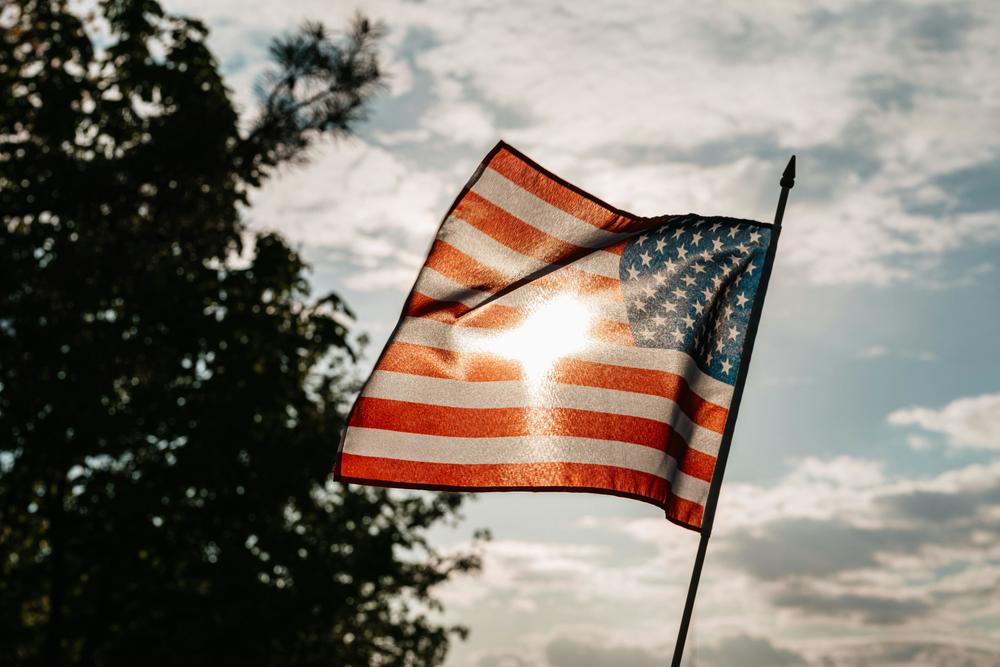
Section Branding
Header Content
American Red Cross shares safety tips for Fourth of July weekend
Primary Content

In honor of the Fourth of July, the American Red Cross is providing tips and advice to keep individuals and their families safe the holiday weekend.
The advice includes help with fireworks, heat safety, and encouragement to get first aid training.
Fireworks safety
Fireworks are a staple of the holiday, and the American Red Cross advises that people attend public fireworks shows for the safest way to enjoy them.
For those who want to enjoy their fireworks at home, the Red Cross suggests the following:
- Never give fireworks to small children and throw or point fireworks at people, animals, vehicles, structures or flammable materials;
- Always follow the instructions on the packaging;
- Keep a supply of water close by;
- Make sure the person lighting fireworks always wears eye protection;
- Light only one firework at a time and never attempt to relight "a dud";
- Store fireworks in a cool, dry place away from children and pets;
- Never use fireworks around pets. Keep pets indoors. Exposure to lit fireworks can potentially result in severe burns or trauma, and many pets are also fearful of loud noises and can become lost, scared, or disoriented.
Georgia does not outlaw fireworks.
The Georgia law for the use of fireworks states that "consumer fireworks may be used, ignited, or caused to be ignited on any day between the hours of 10 a.m. and 11:59 p.m. unless during such times the noise from such use or ignition is not in compliance with a noise ordinance of a county or municipal corporation."
The exception to the law on the use of consumer fireworks is that they may be used, ignited, or caused to be ignited on:
- Jan. 1;
- the last Saturday and Sunday in May;
- July 3, July 4;
- the first Monday in September;
- Dec. 31 of each year after 10 a.m. and up to and including 11:59 p.m.
Heat safety
Amidst the summer heat, Georgia expects a hot Fourth of July.
"Independence Day activities in the southern and southeastern U.S. may be impacted by dangerous heat," according to the National Weather Service.
Red Cross suggests people use caution and check their weather forecast if they are going to be outdoors, and do the following:
- Slow down by postponing or limiting outdoor activities. If you must work outdoors, take frequent breaks and avoid the hottest part of the day. Never leave children or pets in your vehicle alone;
- Stay hydrated by drinking plenty of water and avoiding sugary, caffeinated, and alcoholic drinks. Check that animals also have access to fresh water and shade;
- Spend time indoors in an air-conditioned place. If you don't have air conditioning, go to a public library, shopping mall, or cooling center. Check on loved ones and neighbors who may be at risk and don't have air conditioning.
First aid
Red Cross also recommends that people be trained in first aid, as emergencies can happen anytime. First aid training gives people "the ability to respond when minutes matter."
The organization also has a first aid app for moments when emergency help is delayed, and expert advice is needed in a common emergency.
"Your being able to help right away gives that person the best chance for a positive outcome — and gives you the opportunity to change someone's life for the better," the Red Cross wrote in a statement.
For more information on first aid from the Red Cross, read here.

